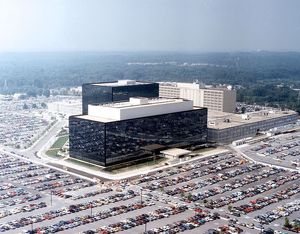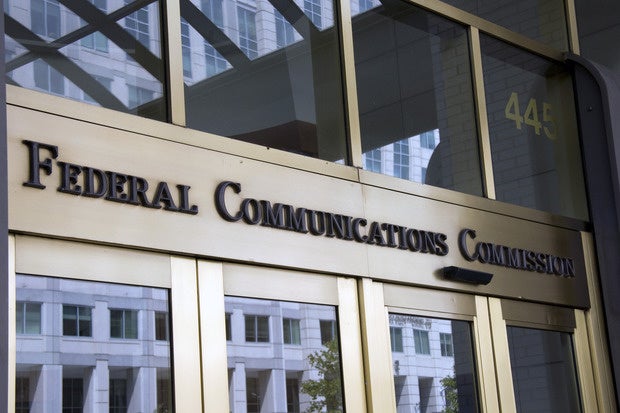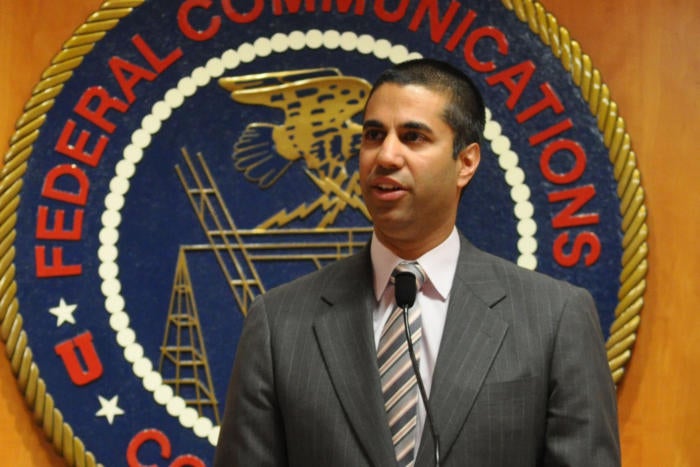The NSA's foreign surveillance: 5 things to know

Credit to Author: Grant Gross| Date: Tue, 14 Mar 2017 09:27:00 -0700
A contentious piece of U.S. law giving the National Security Agency broad authority to spy on people overseas expires at the end of the year. Expect heated debate about the scope of U.S. surveillance law leading up to Dec. 31.
One major issue to watch involves the way the surveillance treats communications from U.S. residents. Critics say U.S. emails, texts, and chat logs — potentially millions of them — are caught up in surveillance authorized by Section 702 of the Foreign Intelligence Surveillance Act (FISA).
U.S. residents who communicate with foreign targets of the NSA surveillance have their data swept up in what the NSA calls “incidental” collection. The FBI can then search those communications, but it’s unclear how often that happens.
To read this article in full or to leave a comment, please click here





